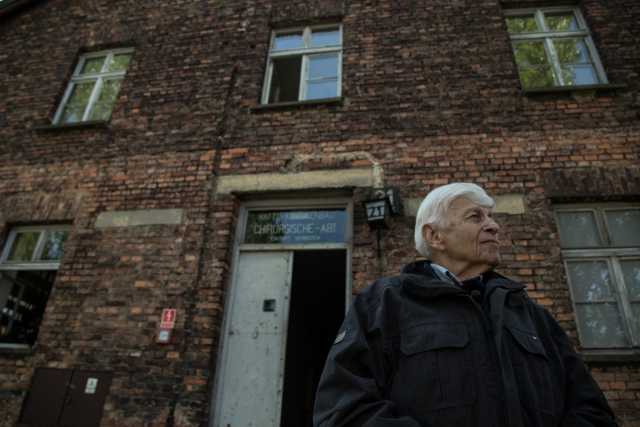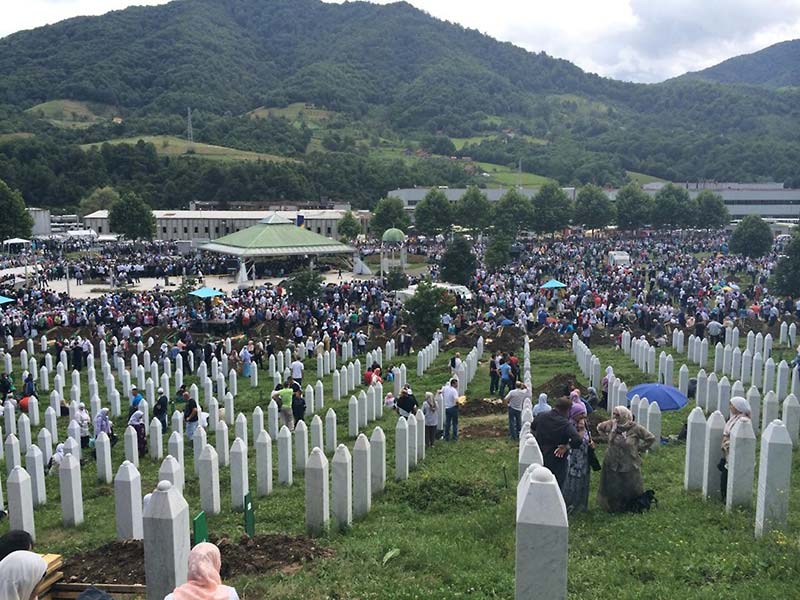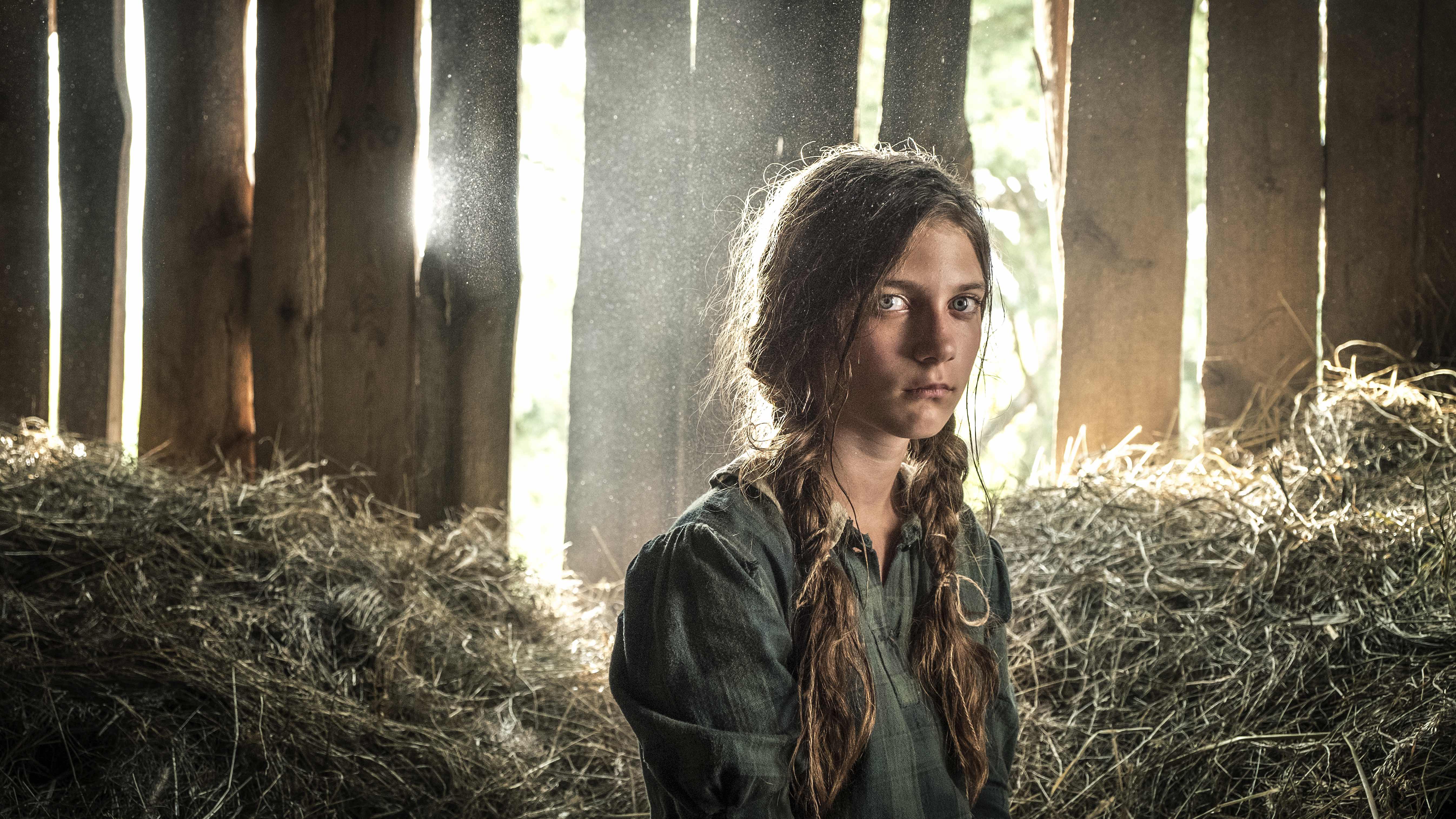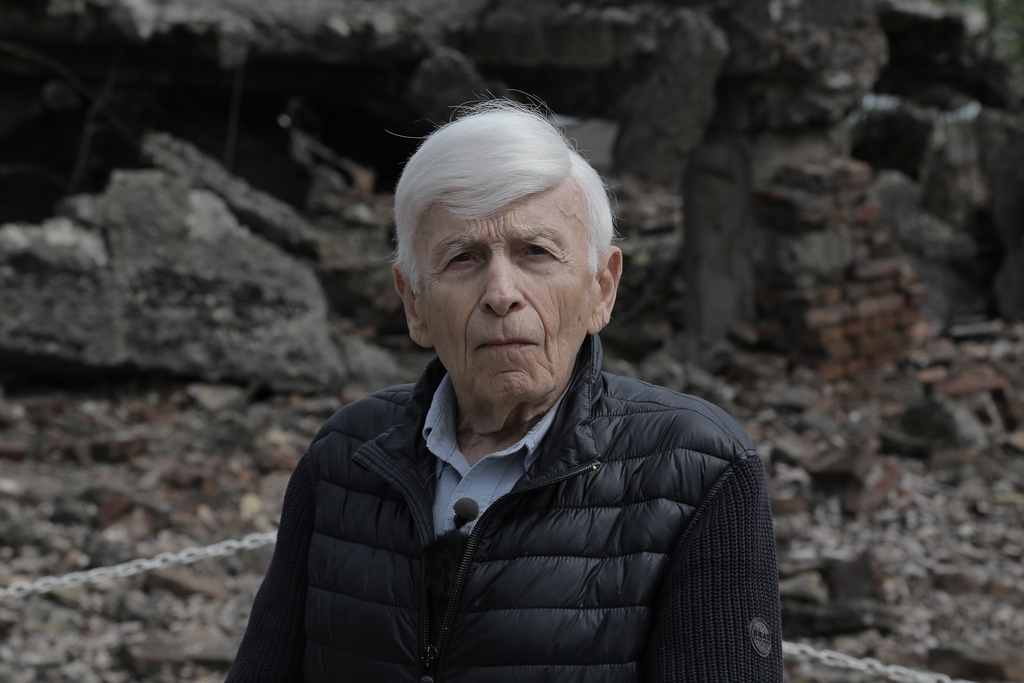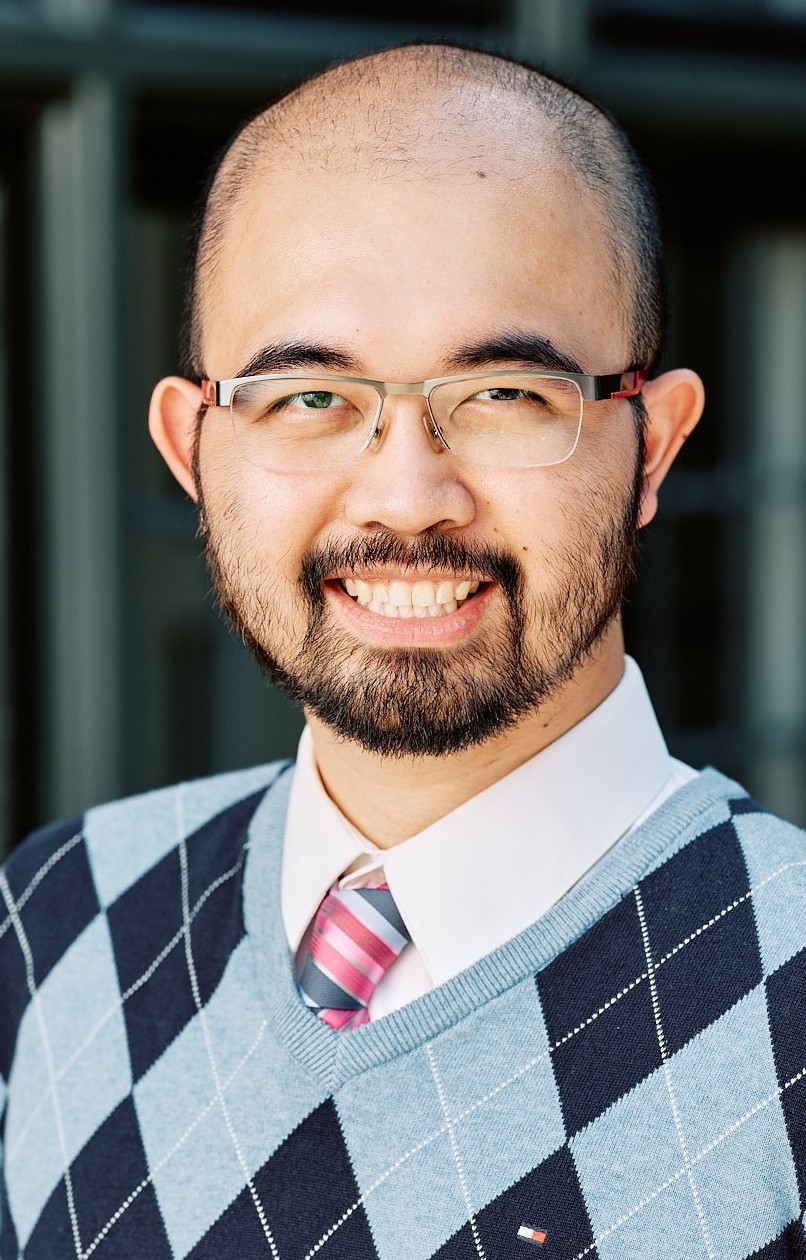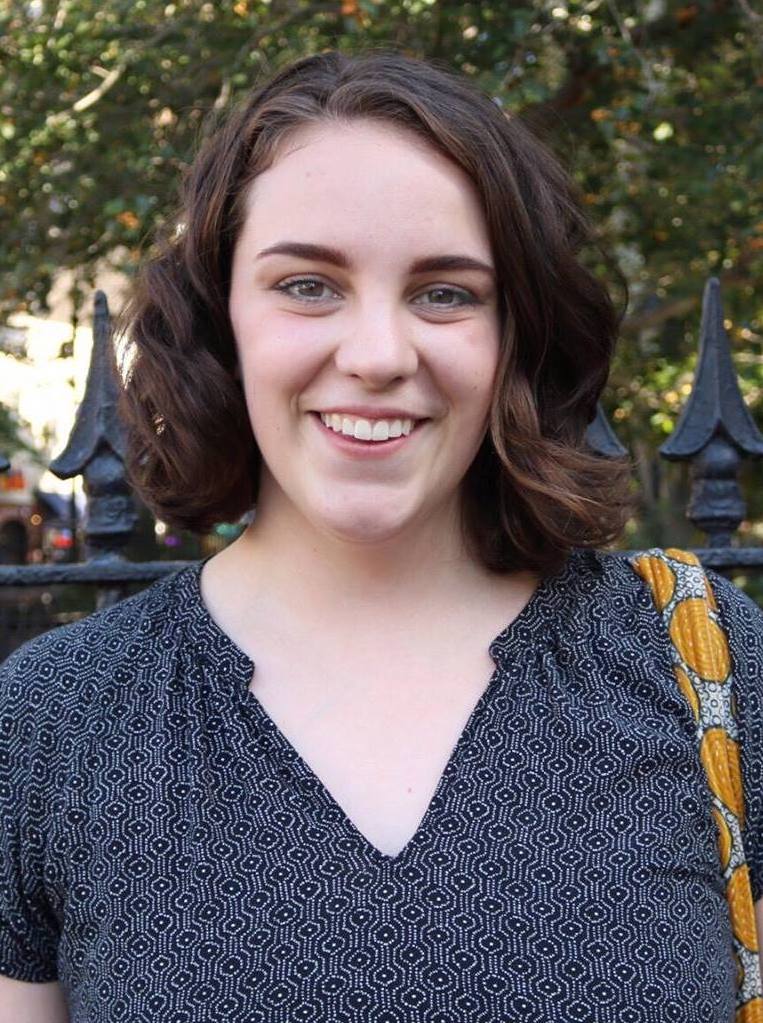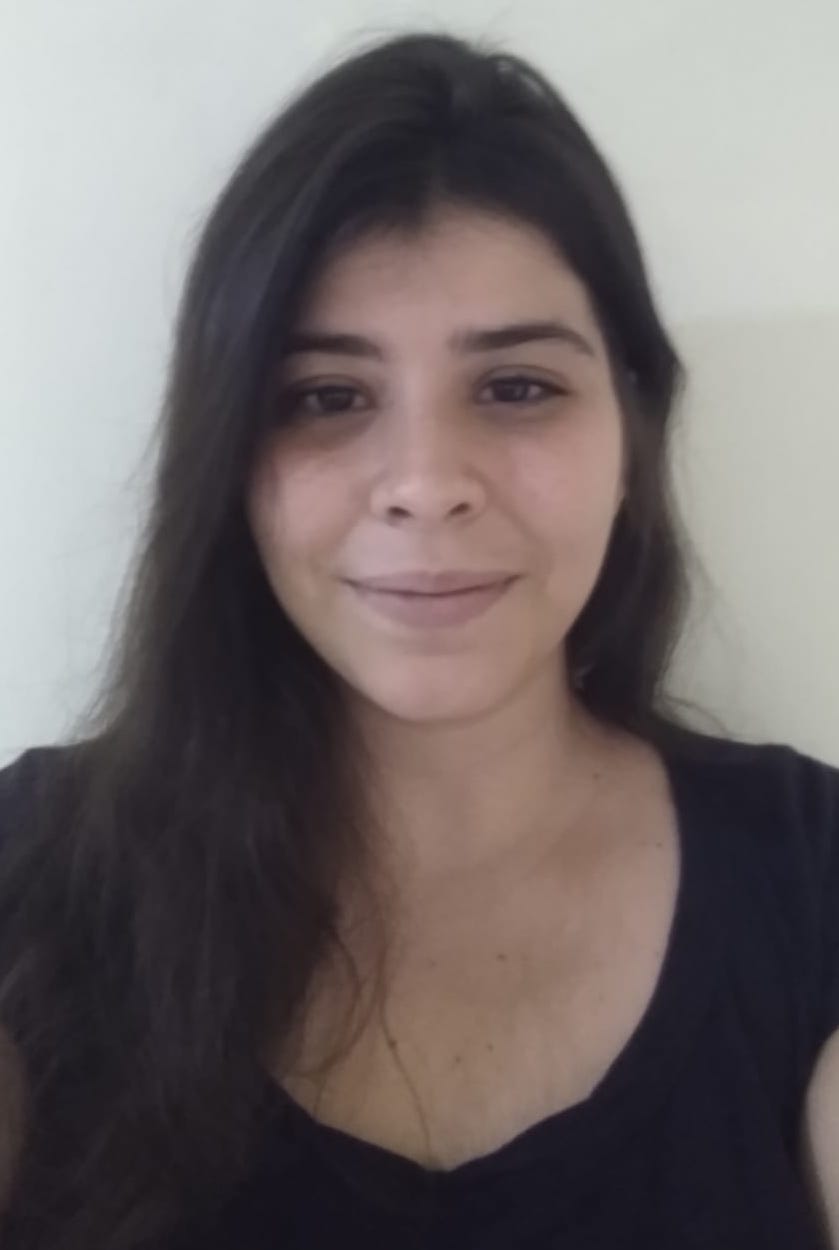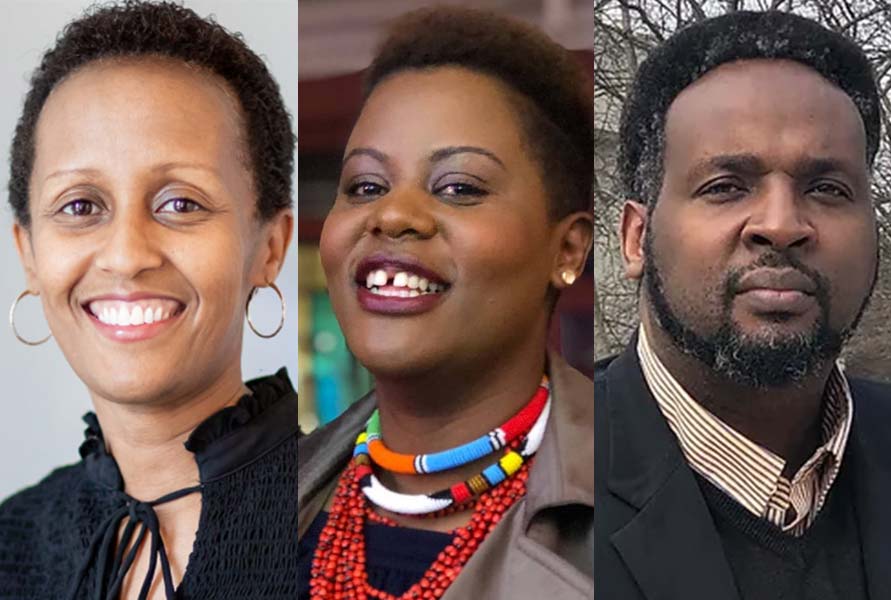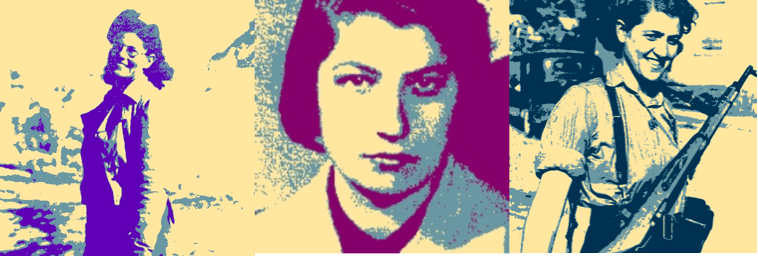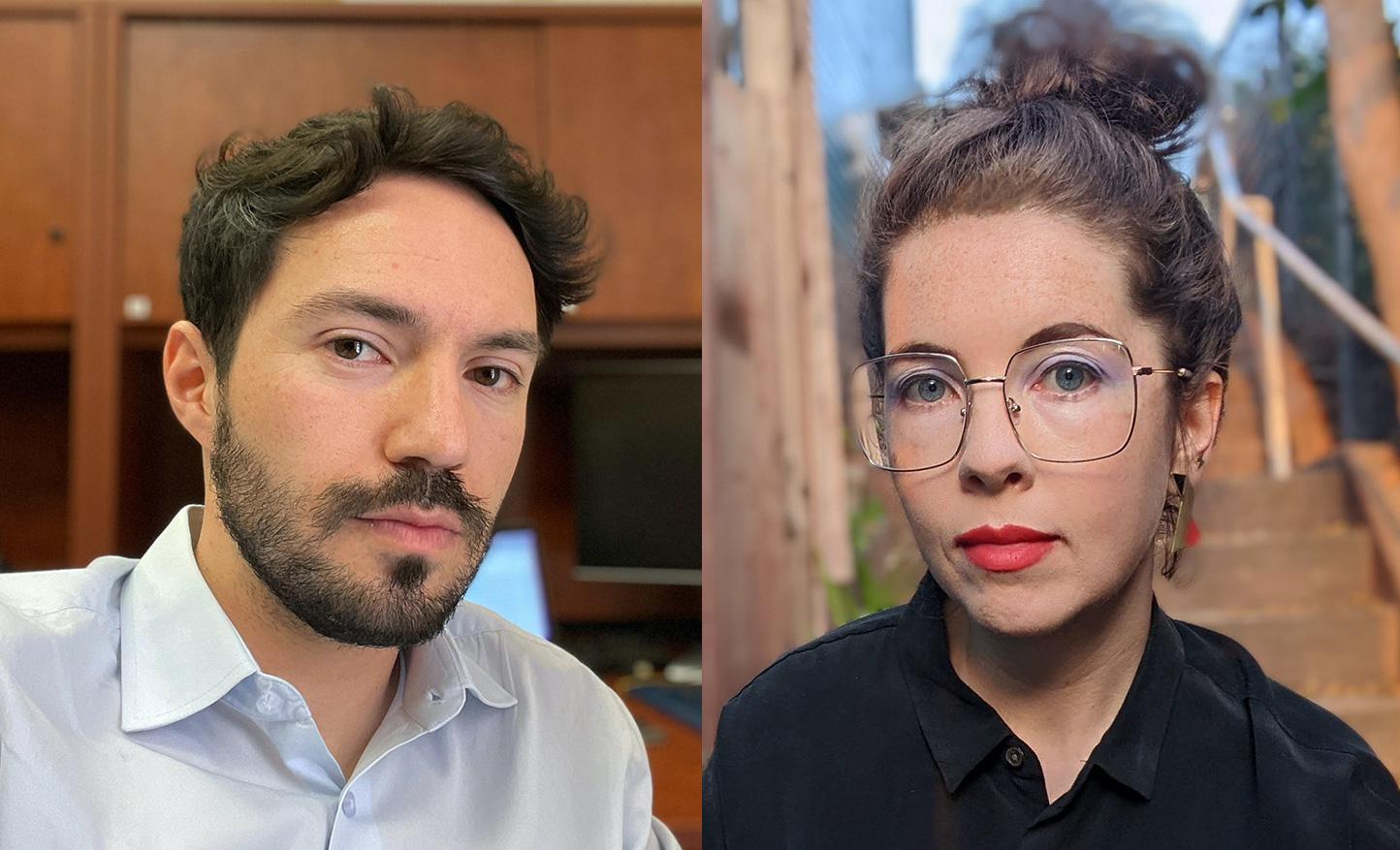Holocaust survivor and USC Shoah Foundation friend Max Eisen passed away earlier this month, leaving a unique legacy forged by harrowing wartime experiences, 20 return trips to Auschwitz-Birkenau as an educator, and the testimony he gave against two SS guards in Germany beginning in 2015.
July 11 marks 26 years since the Srebrenica genocide, the biggest in a cluster of massacres that occurred as part of the campaign of ethnic cleansing in eastern parts of Bosnia and Herzegovina during the 1992-1995 war in the country.
It’s the day in 1995 that Bosnian Serb forces led by General Ratko Mladic overran the enclave of Srebrenica, the town in eastern Bosnia and Herzegovina the United Nations had formally designated as a “safe area” in 1993.
USC Shoah Foundation and the Museum of Jewish Heritage are joining forces on July 12 to host the official New York City premiere of My Name Is Sara, a feature film based on the true story of a young girl’s survival during the Holocaust while hiding in plain sight in the Ukrainian countryside.
Produced in association with USC Shoah Foundation, the film was an Official Selection at over 50 festivals internationally, taking home five Best Feature Awards. Strand Releasing will bring the movie to New York theatres on July 13, 2022 and nationwide beginning July 22, 2022.
USC Shoah Foundation mourns the passing of our friend Max Eisen, a Holocaust survivor who returned to Auschwitz-Birkenau more than 20 times as an educator and testified at the trials of two SS guards in 2015, more than 70 years after his entire family was killed in Nazi concentration camps.
Max’s memoir, By Chance Alone: A Remarkable True Story of Courage and Survival at Auschwitz, was the 2019 winner of Canada Reads, a Canadian Broadcasting Company “battle of the books” program, and was shortlisted for the RBC Taylor Prize in 2017.
Ryan Cheuk Him Sun, a PhD candidate in History at the University of British Columbia, Canada, has been awarded the 2022-2023 Breslauer, Rutman, and Anderson Research Fellowship at the USC Dornsife Center for Advanced Genocide Research. He will be in residence at the Center for a month during the Spring 2023 semester.
Carli Snyder, a PhD candidate in History at the City University of New York (CUNY), has been awarded the 2022-2023 USC Shoah Foundation USC Shoah Foundation Robert J. Katz Research Fellowship in Genocide Studies. She will be in residence at the USC Dornsife Center for Advanced Genocide Research in January 2023 to conduct research for her dissertation “‘The Flesh of the Facts’”: Toward a Feminist Holocaust Consciousness."
Raíssa Alonso, a PhD candidate in Social History at the University of São Paulo, Brazil, has been awarded the 2022-2023 Margee and Douglas Greenberg Research Fellowship at the USC Dornsife Center for Advanced Genocide Research. She will be in residence at the Center in March 2023 to conduct research for her dissertation, “The ‘Other Germany’ in Brazil and the United States: Intellectuals in Exile and the Fight Against Nazism (1933-1959).”
July 4 is Kwibohora, also known as Rwanda Liberation Day. On this day in 1994 the Rwandan Patriotic Front (RPF) secured the capital of Kigali and ended the 1994 Genocide Against the Tutsi in Rwanda. To commemorate Kwibohora, we spoke to three genocide survivors now residing in the United States.
Two USC scholars – graduate students Emily Geminder and Vaclav Masek - will share the Beth and Arthur Lev Student Research Fellowship for Summer 2022.
